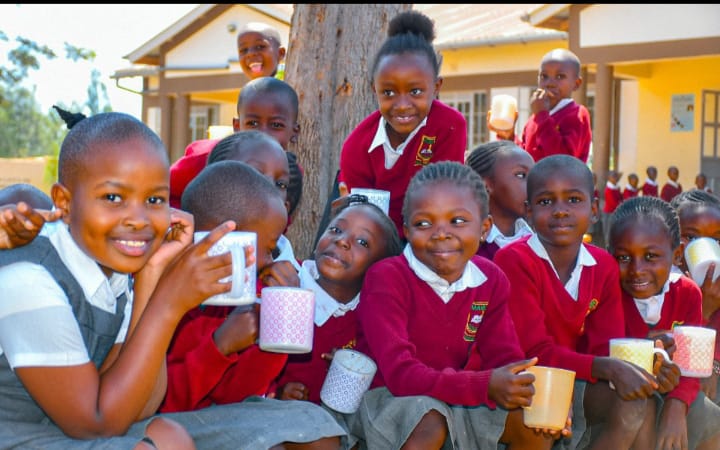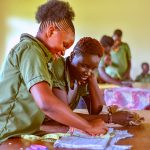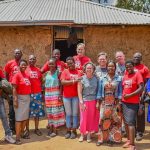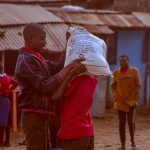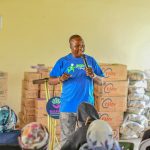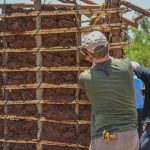Although the Kenyan government has made education a national priority, the public education system continues to face significant challenges. Schools struggle with inadequate infrastructure, an acute shortage of teachers and overcrowded classrooms, all contributing to poor academic performance. The ongoing lack of infrastructure has remained a persistent issue, with some students still learning under trees.
Kenya also experiences major regional disparities in educational outcomes, particularly in rural and low-income areas, such as urban slums. Around 90% of children from impoverished households do not complete eighth grade. The COVID-19 pandemic exacerbated these problems, leading to significant learning losses and widening educational inequalities. In 2020, about 17 million students and over 320,000 teachers were affected when 30,000 primary and secondary schools closed. Remote learning efforts highlighted a large digital divide, as more than half of the students lacked access to electronic devices, electricity, and the internet.
In Nairobi, where half of the 3 million residents live in slums, education access remains severely limited. Although primary education is officially free, the requirement for school uniforms creates a barrier for slum children. Classrooms in these areas often hold 100 students, with several children sharing a single desk.
Furthermore, the lack of free secondary schooling excludes many young people from education after age 14. Those who are not engaged in school by eighth grade are at high risk of falling into a cycle of gang activity, drugs, and crime, while girls are vulnerable to exploitation, early pregnancy, and other dangers. As a result, countless youth in Kenya’s slums grow up without access to the education and opportunities needed to break the cycle of poverty.
That’s why we are committed to bridging the education gap between the privileged and the underprivileged. At Manna Schools—both primary and junior secondary—we provide a supportive and conducive learning environment by offering adequate facilities and infrastructure. We recognize that school uniforms can be a significant barrier to education for some students, so we periodically supply them to those in need. Additionally, we ensure that students receive daily meals, including breakfast and lunch, helping to remove hunger as an obstacle to learning. Our school truly provides everything necessary to empower these children and set them up for success in their education.
In Africa, education remains the key to success, with the power to transform entire communities and future generations. We are immensely grateful to our partners, including Our Next Ministry, All For His Glory Ministries The Factory TIH Ministries, Inc and other individual partners for their ongoing support in creating a conducive learning environment. Together, we are changing students’ lives, one step at a time, and helping to build a brighter future.





